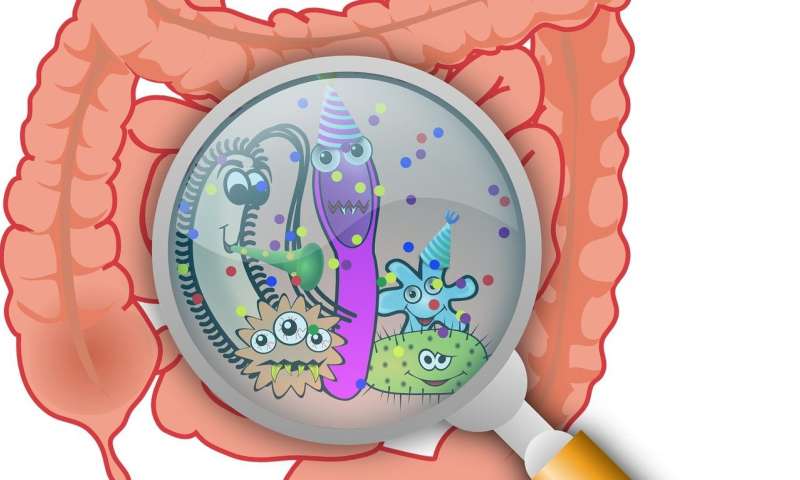Best of Last Week: Earth warming more quickly than thought, a mesh plug-in and gut bacteria's ties to obesity

It was a good week for space news, as a team at the Goddard Institute for Space Science explored whether Venus could once have been habitable. They found evidence suggesting the planet may have been temperate approximately 2 to 3 billion years ago. Also, a team of astronomers at West Virginia University detected the most massive neutron star ever measured. Called J0740+6620, it was found to have 2.17 times the mass of the sun, with a diameter of just 20 to 30 kilometers.
In technology news, a team at the University of Illinois built microscopic biohybrid robots propelled by muscles and nerves. The soft-bodied robots are part of an effort to develop autonomous biobots. And a team at TU Delft used machine learning to reconstruct deteriorated Van Gogh drawings. Also, Samsung announced that they were opening a new chapter with fail-in-place SSDs—the PCIe 4.0 SSDs will be aimed at benefiting data centers and businesses. And a team at the University of Massachusetts Amherst introduced a system they call 'mesh'—a memory-saving plug-in that could boost phone and computer performance.
In other news, the Intergovernmental Panel for Climate Change released a report in warning that the Earth is warming more quickly than predicted, according to a host of new climate models. The new data suggests the planet could warm as much as seven degrees Celsius above preindustrial levels by 2100 if carbon emissions are not halted. Also, a team at Beth Israel Deaconess Medical Center found obesity to be associated with abnormal bowel habits—not diet. They found a strong connection between obesity and chronic diarrhea. And an international team of researchers reported on a rare, 10 million-year-old fossil they unearthed that suggested a new view of human evolution—a fossilized pelvis hints that bipedalism might have developed earlier than thought.
And finally, if you are one of the millions worried about developing diabetes, you might want to check out a report by a team from Flinders, SAHMRI, and McMaster University—they figured out how gut bacteria negatively influences blood sugar levels by communicating with serotonin.
© 2019 Science X Network